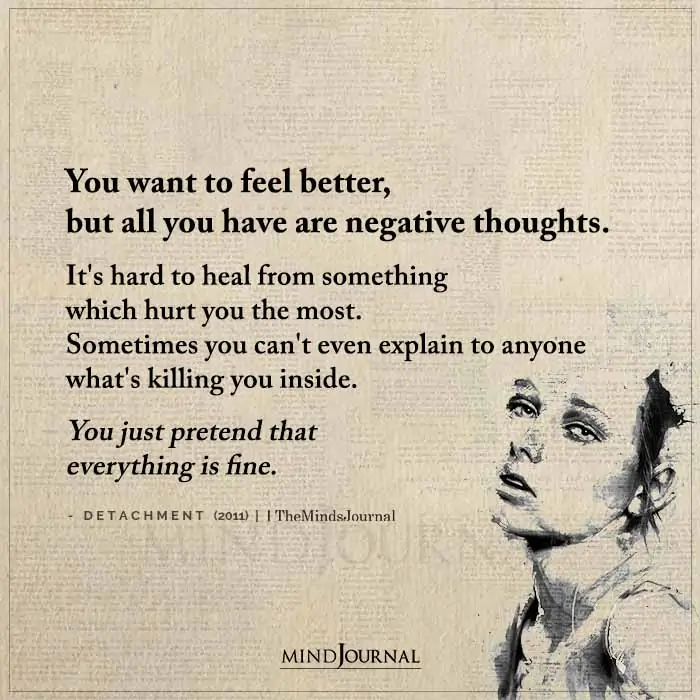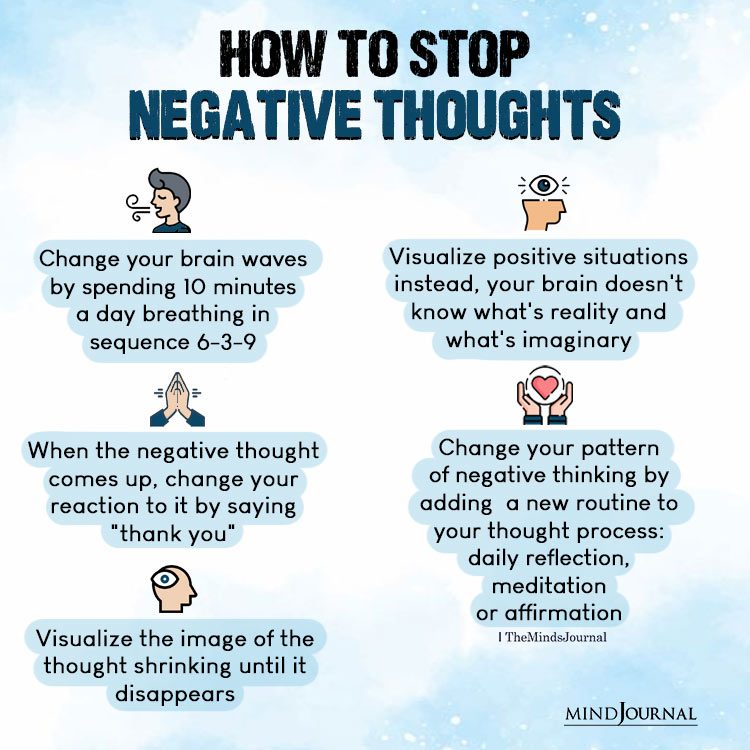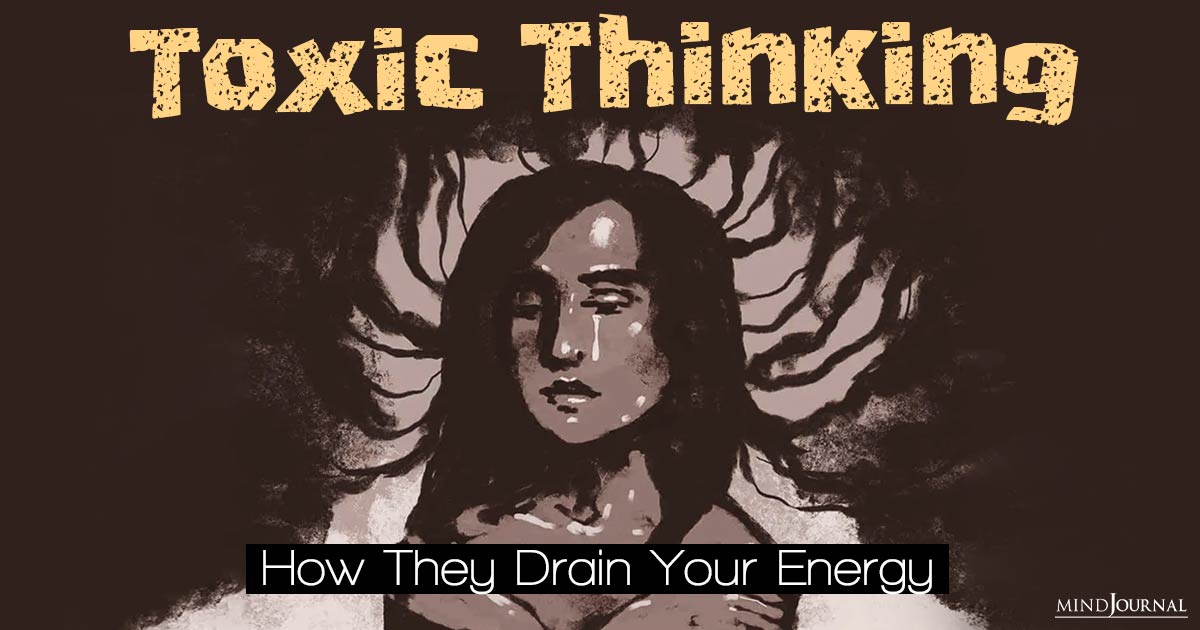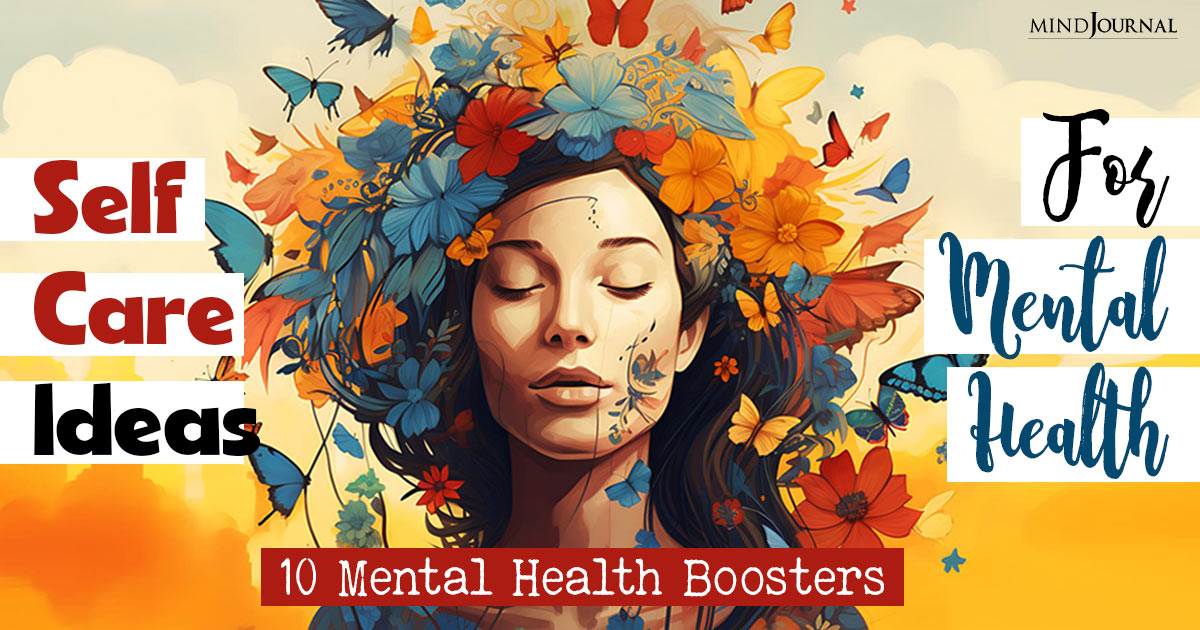Do you ever find yourself caught in a web of negative thoughts, feeling overwhelmed and drained? Perhaps you constantly replay past mistakes, worry about the future, or excessively criticize yourself. Toxic thinking patterns can be like a thick fog that clouds our minds, preventing us from experiencing joy and sabotaging our overall well-being.
If you are tired of recurring toxic thoughts, we are here to help. Let’s explore what toxic thinking is, why we often fall into the trap of thinking about negative thoughts, and most importantly, discover practical tips on overcoming toxic thoughts. The journey of self-discovery and liberation from the burden of toxic thoughts begins now.
What is Toxic Thinking?
Toxic thinking refers to the patterns of negative thoughts that invade our minds, creating a toxic environment within us. It encompasses various destructive thought patterns such as self-doubt, self-criticism, rumination, catastrophizing, and pessimism.
These toxic thoughts can be triggered by external events, internal stressors, or even our own fears and insecurities. They feed off each other, forming a vicious cycle that deepens our negative mindset and drains our mental and emotional energy.
Related: 5 Tips To Reframe Negative Thoughts To Positive Ones

Why Do We Have Recurring Toxic Thoughts?
Why do negative thoughts keep haunting us? Here are some of the root causes behind recurring negativity and toxic thinking patterns –
1. Evolutionary Bias
Our brains have evolved to prioritize negative experiences over positive ones, as a survival mechanism.
While this bias once protected our ancestors from physical threats, it now manifests as a tendency to focus on negative thoughts and experiences. Consequently, our minds become more susceptible to toxic thinking.
2. Conditioning and Past Experiences
Recurring toxic thoughts can be a result of conditioning from past experiences. Negative events or traumatic incidents leave an imprint on our minds, making it easier for similar negative thoughts to resurface repeatedly.
If we were once hurt or rejected, our mind may assume that similar situations will inevitably lead to pain, triggering a cycle of negative thoughts.
3. Cognitive Distortions
Toxic thinking often arises from cognitive distortions – flawed thinking patterns that skew our perception of reality. These distortions include all-or-nothing thinking, overgeneralization, magnification of negatives, and minimizing positives.
For example, if we make a small mistake, we may catastrophize it, believing that it defines our entire worth and competence.

Now that we know what toxic thinking patterns are, let’s take a look at how to stop thinking about negative thoughts.
Related: 5 Tips To Help Get Rid Of Negative Thoughts
Tips for Overcoming Toxic Thoughts
Struggling with toxic thoughts? Wondering how to break free? Is there any way we can stop this cycle of negative, toxic thinking? Here are some effective tips to overcome negativity and cultivate a positive mindset –
1. Awareness and Mindfulness
The first step in overcoming toxic thoughts is to cultivate self-awareness. Pay attention to your thoughts and recognize when they turn negative.
Mindfulness practices such as meditation can help you observe your thoughts without judgment, allowing you to detach from them and gain a better understanding of their impact.
2. Challenge and Reframe
Once aware of your toxic thoughts, challenge their validity. Ask yourself if there is evidence to support these thoughts or if they are based on assumptions. Reframe negative thoughts by replacing them with more realistic and positive alternatives.
For instance, if you catch yourself thinking, “I always mess things up,” reframe it as, “I’ve made mistakes in the past, but I can learn and improve.”
3. Cultivate Positive Self-Talk
Replace self-criticism with self-compassion and positive self-talk. Treat yourself with kindness and understanding, just as you would with a close friend. Encourage and support yourself through positive affirmations, reminding yourself of your strengths and previous achievements.

4. Challenge Cognitive Distortions
Identify and challenge cognitive distortions that fuel toxic thinking. When you catch yourself engaging in all-or-nothing thinking or magnifying negatives, consciously seek out alternative perspectives.
Look for evidence that contradicts your distorted thinking and consider more balanced interpretations of events.
Related: The Ruminating Mind: 4 Steps To Deal With Negative Thoughts
5. Practice Gratitude
Gratitude has the power to shift our focus from negativity to positivity. Regularly take time to reflect on the things you are grateful for in your life. It could be as simple as appreciating a beautiful sunset, the support of loved ones, or your own resilience.
Cultivating gratitude helps rewire your brain to notice and appreciate the positive aspects of your life.
6. Seek Support
Share your struggles with trusted friends, family, or a therapist. Opening up about your toxic thoughts can provide relief and offer fresh perspectives. Sometimes, an external viewpoint can help challenge our negative beliefs and guide us towards a healthier mindset.
7. Engage in Self-Care
Prioritize self-care activities that nurture your physical, mental, and emotional well-being. Engaging in activities you enjoy, practicing relaxation techniques, getting regular exercise, and maintaining a balanced lifestyle all contribute to reducing toxic thinking and promoting overall resilience.
Takeaway

Toxic thinking can be like a destructive wildfire, consuming our mental and emotional energy, and leaving us feeling burned out. However, with awareness, self-compassion, and the willingness to challenge our negative thoughts, we can break free from the chains of toxic thinking.
By implementing the tips discussed in this blog, you can gradually shift your mindset, cultivate positivity, and reclaim your mental well-being. Remember, it is within your power to create a healthier relationship with your thoughts and live a fulfilled life free from the burden of toxic thinking.
You have the power to break free from the vicious cycle of recurring negative thoughts. Embrace the journey of self-growth and transformation.
Related: How To Overcome Negative Thinking And Depression
Frequently Asked Questions (FAQs):
How do you get rid of toxic thoughts?
Replace toxic thoughts with positive affirmations, gratitude, and mindfulness practices to cultivate a healthier mindset.
What causes negative thinking?
Negative thinking often stems from past experiences, fears, and self-doubt, influencing perceptions and reactions in daily life.
How do I detach from negative thoughts?
Practice cognitive reframing, mindfulness meditation, and self-compassion to detach from negative thoughts and foster emotional resilience.









Leave a Reply
You must be logged in to post a comment.